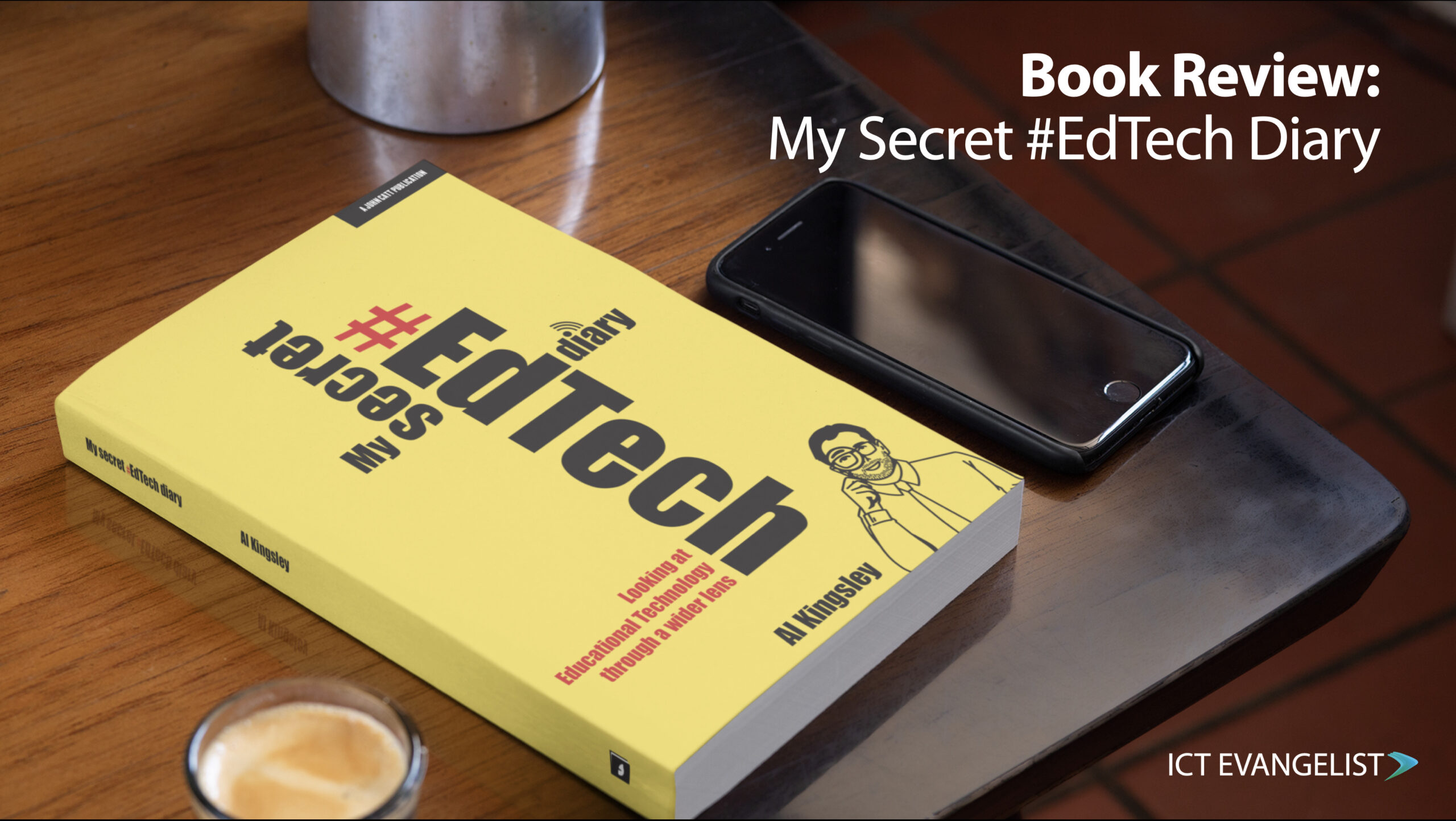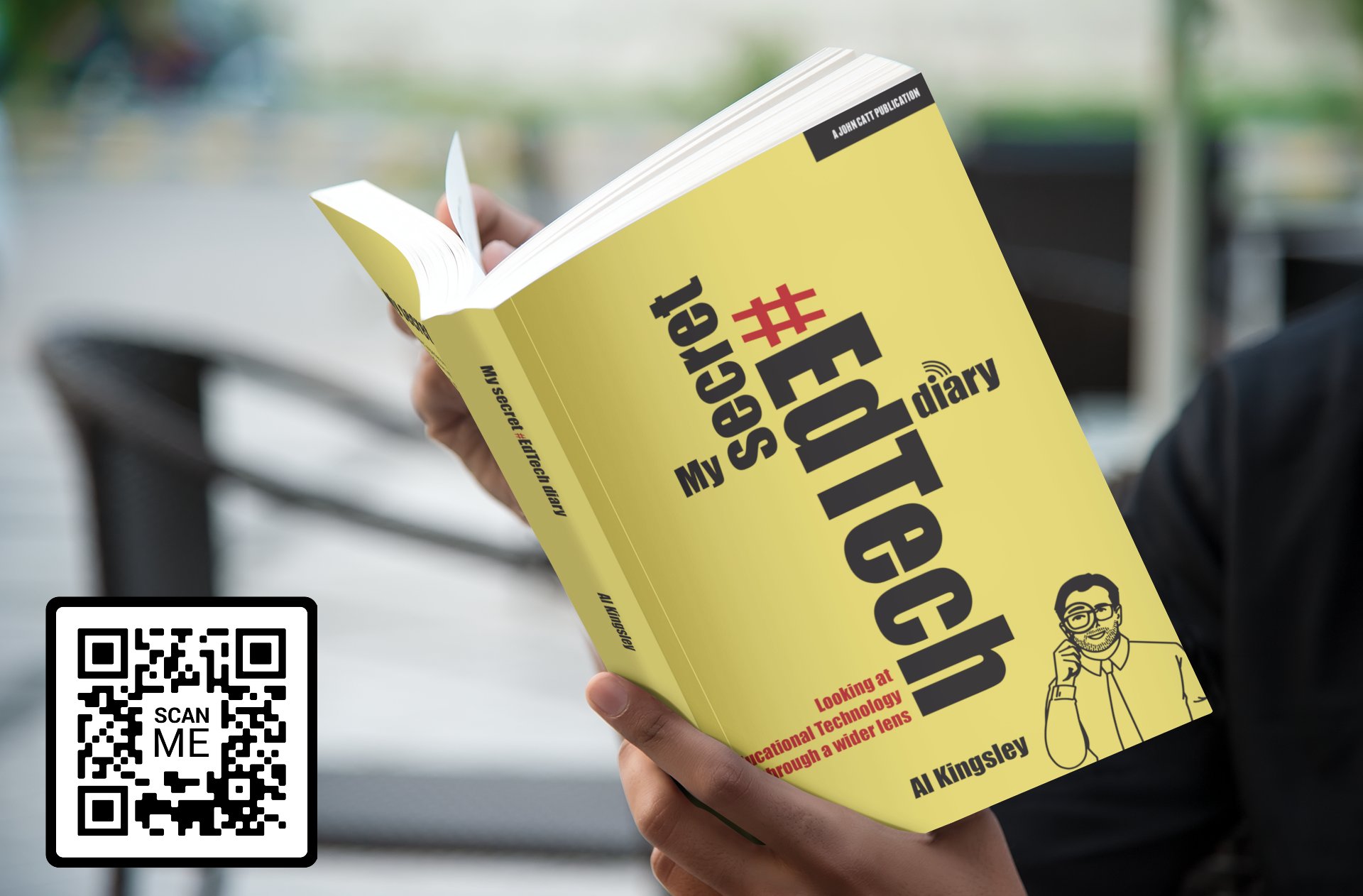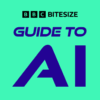
As educators and leaders in education, we have many moral imperatives regarding the young people and communities we serve. As someone who literally is the ICT Evangelist, you might think, “Well of course he’s going to say that”, but what Kingsley does in his ‘Secret #Edtech Diary’ is give you a plethora of perspectives that are rarely found in education.
Certainly, education is one of those areas in life in which everyone has an opinion. It sometimes seems that just because we all attended school, it makes us an expert. For sure, it gives you a perspective but certainly not an expert one.
…”a very useful book indeed, and one that I know those who purchase it will return to again and again.”
Striking the balance of taking on board the opinions of others, particularly stakeholders, is an important part of the role of teachers and those in school leadership. That’s why this timely book from Al Kingsley strikes the right balance of expert opinion on educational technology.
Having lived and breathed education for most of his adult life, Kingsley has run a successful edtech business for more than 30 years and has worked in and with numerous schools – supporting leadership teams, participating on governing bodies, chairing large multi-academy trusts and more. With this balanced experience, he is superbly placed to share his sage advice and wisdom to help both sides of the table when it comes to successfully embedding and deploying technology in education.
With sections on digital strategy, ideas for the use of technology in the classroom, tools and practices which can help save schools money, how to lead on technology and ways to avoid some of the mistakes of the past (yes, Interactive White Boards are discussed!), there is plenty in the ‘Secret #Edtech Diary’ to resonate with and be useful to school leaders and educators alike.
Equally and interestingly, there is also much in the book to help those who work in the edtech space too. So, whether you’re a giant like Microsoft or a fledgling start-up as an edupreneur; there are lots in here that will be of interest for these stakeholders as well.
Linked to this idea, one of the sections I found most interesting was the part that focused upon how schools engage with vendors, and conversely, exploring vendors’ approaches to engaging with schools. Advocating for co-creation, Kingsley also takes time to reflect upon and share the importance of evidence-informed approaches to not just the use of technology in the classroom, but how it is developed too. Pulling no punches, he doesn’t hold back when discussing the methods of some organisations and their involvement in the conversation around evidence-informed approaches to developing technology either, but, as with all the advice shared, it is tempered by learning from the lessons of history; something we could all be mindful of and pay heed to.

Add to the mix that there are many thoughts, ideas, top tips and ‘from the chalkface pieces of advice shared by countless school leaders, educators, network managers and others in education in a section at the back of the book titled ‘Voices Aligned’, it all shapes up to be a very useful book indeed, and one that I know those who purchase it will return to again and again.
It gets a huge thumbs up from me.
You can purchase the book direct from John Catt Education, Amazon or all good book shops.














